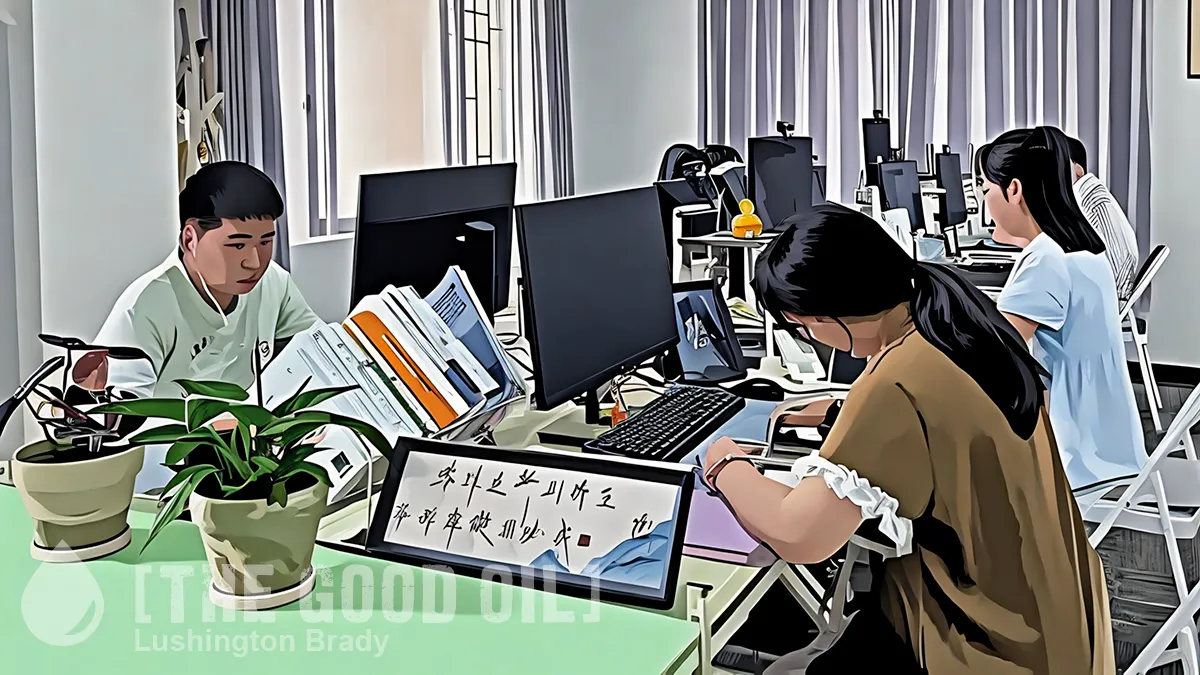Table of Contents
Fools, as they say, rush in. As I wrote some months back, China is eagerly hopping into the still-warm grave of the US intervention in Afghanistan. The last US helicopter had barely lifted off when China’s foreign minister was hosting the Taliban and preparing to sign a series of deals in order to get at Afghanistan’s valuable resources, especially a massive copper mine near Kabul.
That’s about as likely to work out well for them as it did when the US took its turn lying down in the “Graveyard of Empires”. The Taliban might perhaps be willing to strike a deal with Beijing, so long as they get the much-needed cash. But other Islamic groups aren’t about to overlook the fact that China is the world’s leading persecutor of Muslims.
But Afghanistan is far from the only Muslim country which Beijing is trying to seduce with BRI cash. China has already established a presence in Pakistan.
And Islamic militants are far from happy about that.
A female suicide bomber killed three Chinese teachers and a local driver at Karachi University in Pakistan this week. The separatist militant group, the Baloch Liberation Army (BLA), claimed responsibility for the attack which targeted a Chinese language centre at the university. The Confucius Institute, the BLA said in a statement, was a ‘symbol of Chinese economic, cultural and political expansionism.’ The suicide bomber was a 31-year-old schoolteacher with a master’s degree who read Arundhati Roy and Richard Dawkins.
Which, of course, undermines the apologist narrative that Islamic terrorists are acting out the righteous rage of the oppressed. In fact, the classic profile of an Islamic suicide bomber is middle-class and most likely well-educated in the West.
Leaving that aside, the attack is just the latest in a growing Islamic pushback against Beijing’s aspirations to global hegemony.
This isn’t Pakistan’s first anti-China attack. The BLA has recently targeted the Chinese consulate, a five-star hotel, and the stock exchange. The group has also targeted and killed Chinese workers employed in the mining and shipping industries in Balochistan.
The BLA has also been fighting the Pakistan army, launching its deadliest spate of attacks in Balochistan’s Panjgur and Noshki districts this February, intending to coincide with the then prime minister Imran Khan’s trip to China.
The Balochistani separatist movement has deep historic roots in the 19th century “great game”. Like most of Central Asia, Balochistan was an independent khanate, before being absorbed by first the British empire, then the newly-formed Islamic Pakistani state. China is increasingly seen as just the latest imperial overlord.
Since 2015, with the inauguration of the $62 billion China Pakistan Economic Corridor (CPEC), Baloch separatists have begun to see Beijing as the upholder of this occupation as well. Not only is China calling the shots when it comes to corridor, it has allied with the Pakistan military to exploit Balochistan’s resources and deny the locals any share.
The Islamic militants are less inclined than Western nations to turn a blind eye to China’s genocide in Xinjiang.
China’s treatment of its own Muslim citizens has also inflamed the situation. The economic corridor connects Balochistan in Pakistan with Xinjiang in China, where Beijing is suppressing its Uyghurs in concentration camps. Many Islamists have been motivated by the persecution of Uyghur Muslims to open another front against Beijing, with jihadist groups like the Pakistani Taliban also targeting China. In July last year, nine engineers were killed in explosion near Pakistan’s Dasu hydroelectric dam. And in April the Pakistani Taliban bombed a luxury hotel in the provincial capital Quetta where the Chinese ambassador was staying.
Spectator Australia
Having driven out the latest great power to try and subjugate their ancestral lands, the Muslims of Central Asia clearly aren’t about sit idly by and watch as another tries to takes its place.
What remains to be seen is whether China simply cuts its losses and gets out, or repeats the same mistake empires have made through the centuries. Of course, with its founding conceit of “non-interference”, China won’t openly send in the PLA. But, if it persists in trying to get its slice of Central Asia’s riches, Beijing will have to commit more and more “security forces”, until the difference between “security” and “invasion” becomes purely academic.









